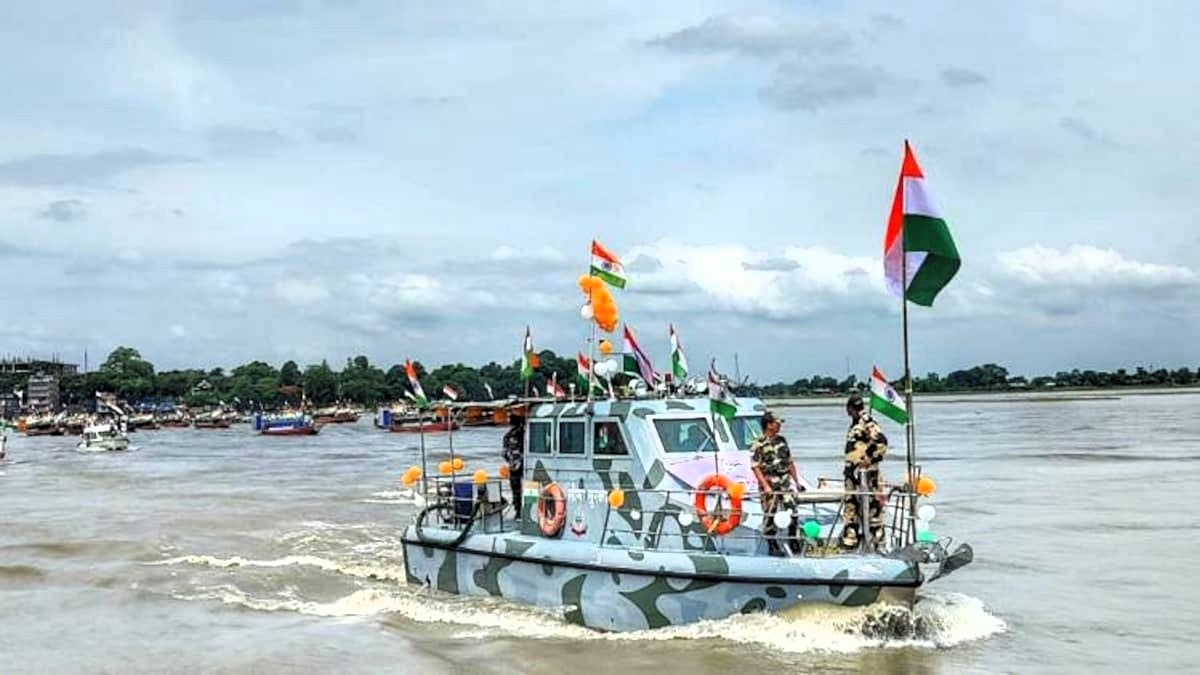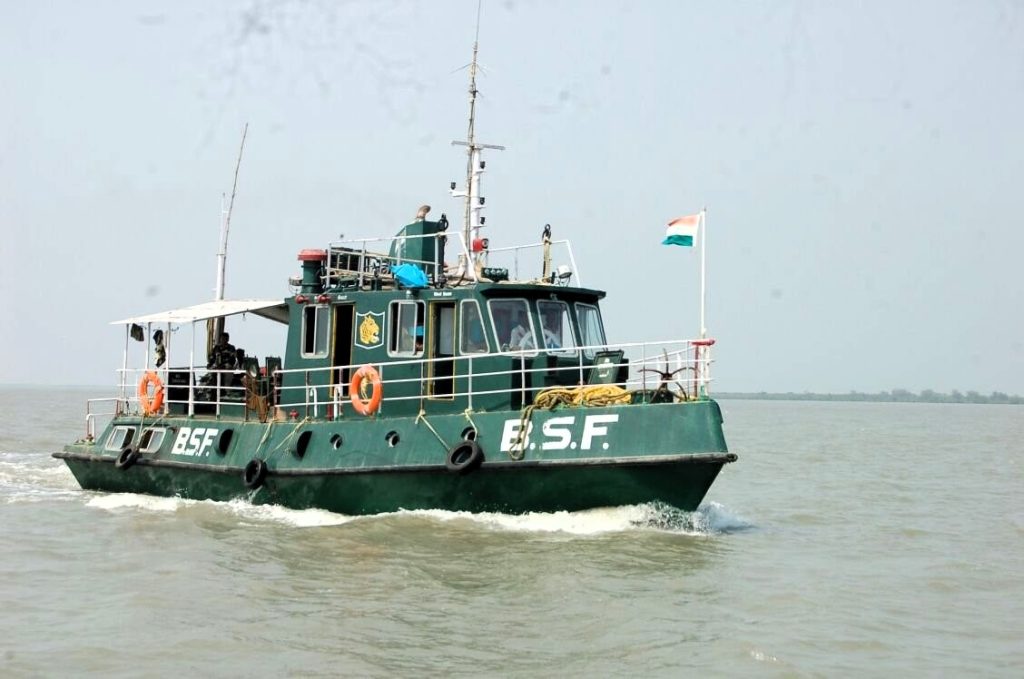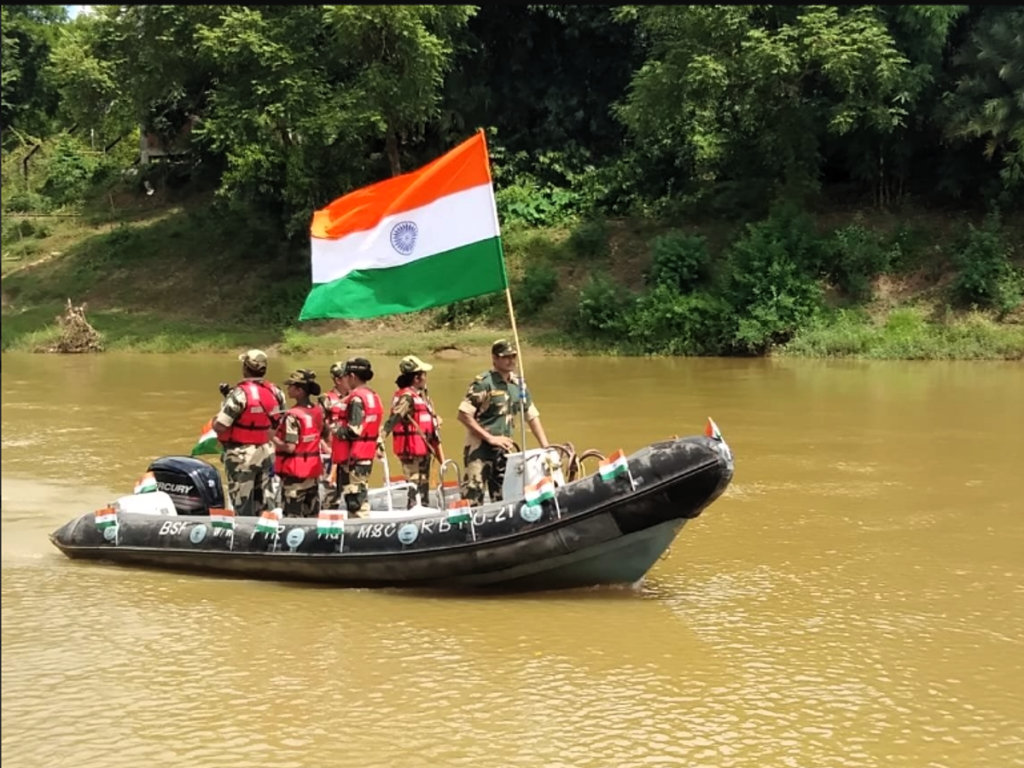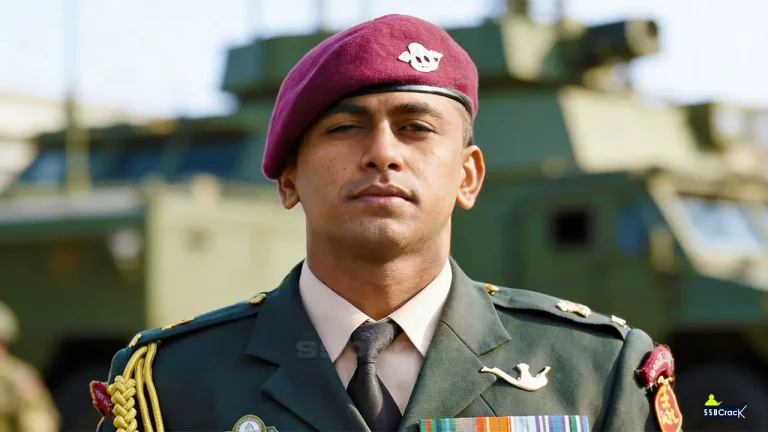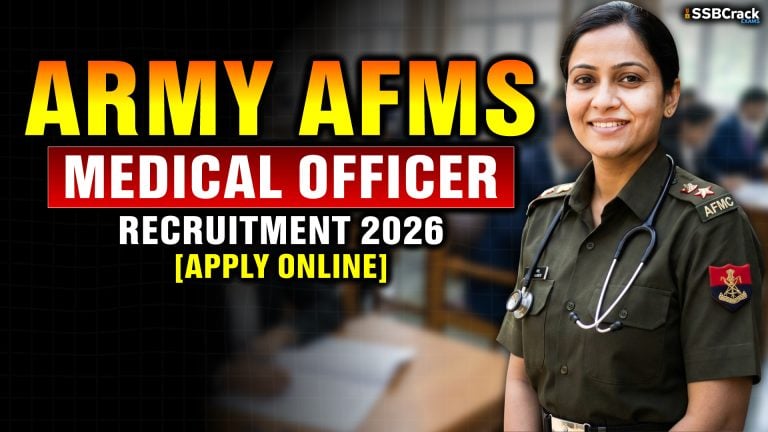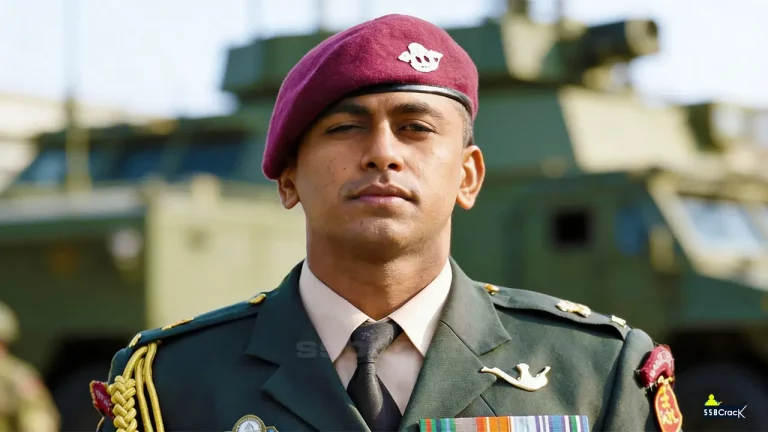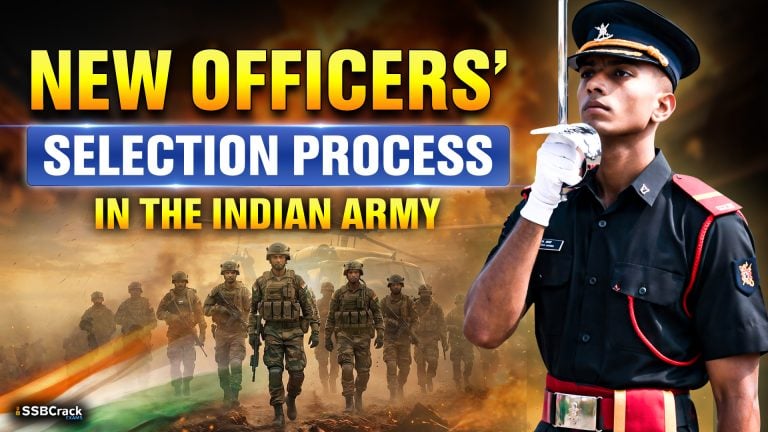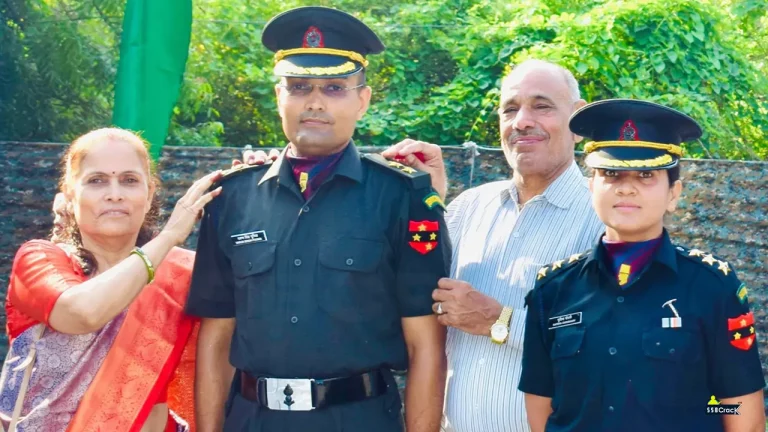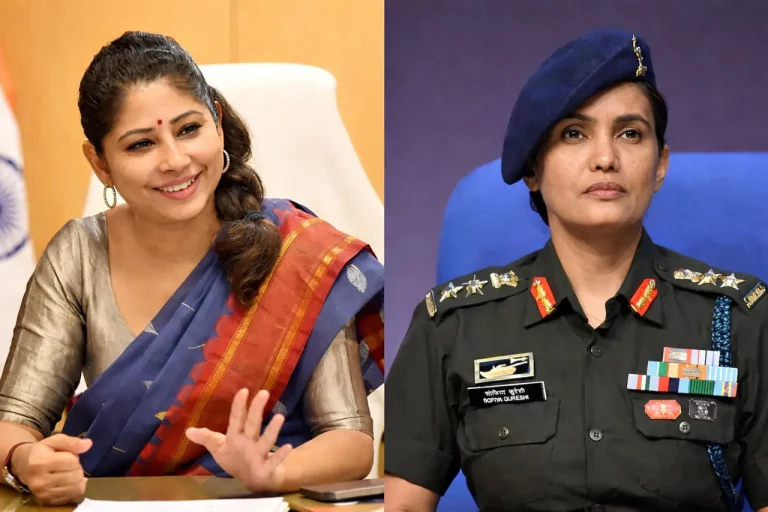The Border Security Force (BSF) has recently released the syllabus and examination pattern for various positions within the BSF Water Wing, including Sub-Inspectors (SI), Head Constables (HC), and Constables. Understanding the exam pattern and syllabus is crucial for candidates aiming to excel in these examinations. This article provides an in-depth analysis of the BSF Water Wing Syllabus 2024 and the latest exam pattern, guiding aspirants through their preparation journey.
BSF Water Wing Exam Pattern 2024
Sub-Inspectors (SI)
For the Sub-Inspector (SI) positions, namely SI (Master), SI (Engine Driver), and SI (Workshop), the written examination carries a total of 100 marks and spans a duration of 2 hours. The exam pattern of BSF Water Wing is structured as follows:
| Subject | Number of Questions | Marks |
|---|---|---|
| General Knowledge & Awareness | 25 | 25 |
| Reasoning Ability | 25 | 25 |
| Numerical Ability | 25 | 25 |
| Trade Awareness | 25 | 25 |
| Total | 100 | 100 |
Head Constables (HC) and Constables
For the positions of Head Constables (HC) and Constables, namely HC (Master), HC (ED), HC (Workshop), and Constable (Crew), the exam pattern remains consistent. The examination duration is 2 hours, with the following distribution of questions and marks:
| Subject | Number of Questions | Marks |
|---|---|---|
| General Knowledge & Awareness | 35 | 35 |
| Reasoning Ability | 35 | 35 |
| Numerical Ability | 30 | 30 |
| Total | 100 | 100 |
BSF Water Wing Syllabus 2024
Sub-Inspectors (SI)
The BSF Water Wing syllabus for Sub-Inspectors (SI) encompasses various subjects, ensuring a comprehensive evaluation of candidates’ knowledge and skills. It includes:
General Knowledge & Awareness
- Current Affairs (Events related to India and its neighboring countries)
- General Science & Technology
- Indian Constitution
- Indian History
- Indian Culture
- Indian Geography
- General Polity
- Sports: Championships/winners/number of players
- Other Miscellaneous issues related to General Knowledge
Reasoning Ability
- Coding & Decoding
- Series (number & alphabet)
- Figure classification
- Relationship concepts
- Distance & directions
- Visual memory
- Spiral orientation
- Other basic concepts of reasoning
Numerical Ability
- Basics (2X2) (3X3) multiplications) squares
- Mixed fractions
- Averages
- Percentages
- Profit & Loss
- Discount
- Ratio
- Time & Work
- Simple interest, compound interest
- Simple mensuration
Trade Test (2nd Class Master)
The trade test for 2nd Class Master covers a range of topics crucial for effective vessel management and navigation:
- Management of inland vessels under various conditions
- Knowledge of storm and distress signals
- Compass usage
- Rules of the road for sailing vessels and mechanically propelled vessels
- Lead line marking and usage
- Procedures in the event of vessel grounding
- Handling of vessels under tow or when towed or pushing
- Questions on cargo transportation and vessel stability
- Knowledge of navigation aids such as GPS, DGPS, VHF, Radar, and Echo sounder
Head Constables (HC) and Constables
General Knowledge & Awareness
- Current Affairs (Events related to India and its neighboring countries)
- Indian Constitution
- Indian History
- Indian Geography
- General Polity
- Sports: Championships/winners/number of players
- Other Miscellaneous issues related to General Knowledge
Reasoning Ability
- Coding & Decoding
- Series (number & alphabet)
- Relationship concepts
- Distance & directions
- Arithmetic Number Series
- Other basic concepts of reasoning
Numerical Ability
- Basics (2X2) squares
- Mixed fractions
- Averages
- Percentages
- Profit & Loss
- Time & Distance
- Simple interest, compound interest
- Simple mensuration
Trade Tests Syllabus
Sub-Inspector (Master)
Identification of Parts
- Life raft
- Pneumatic finder
- GPS
- Anchor chain
- Radar
- D-Shackle
- Echo Sounder
- Winch
- Life-Saving Equipment
- Mast and Fire Fighting Equipment
- Hydrographic Map
- Davit
- International Signal Flag
Practical
- Placing and removing of vessels at Jetty
- Anchoring in shallow water
- Different types of steering systems
Sub-Inspector (Engine Driver)
Identification of Parts
- Gear Box
- Heat Exchanger
- Fresh Water Pump
- Pressure timing Pump
- Exhaust Manifold
- Alternator
- Various engine components
Practical
- Starting and shutdown procedures
- Routine engine checks
- Identification of two-stroke and four-stroke engines
Sub-Inspector (Workshop)
Identification of Parts
- Gear Box
- Cam Shaft
- Fresh Water Pump
- Crank Shaft
- Various engine components
Practical
- Engine starting procedures
- Piston, Gudgeon pin connecting rod assembly
- Fault finding in the engine
Head Constables and Constables (Trade Tests)
The trade tests for Head Constables and Constables cover a wide array of practical skills essential for their respective roles, including identification of parts, maintenance procedures, and emergency protocols.
Conclusion
The BSF Water Wing Syllabus 2024 and the latest exam pattern provide a comprehensive framework for the recruitment process. Candidates are advised to meticulously prepare each subject and trade test to enhance their chances of success in these competitive examinations. A thorough understanding of the BSF Water Wing syllabus and consistent practice will undoubtedly aid aspirants in achieving their career goals within the Border Security Force Water Wing.
FAQs
1. What is the exam pattern for BSF Water Wing Recruitment 2024?
The exam pattern consists of a written exam worth 100 marks, lasting 2 hours. For Sub-Inspectors, it includes sections like General Knowledge & Awareness, Reasoning Ability, Numerical Ability, and Trade Awareness. For Head Constables and Constables, it covers General Knowledge & Awareness, Reasoning Ability, and Numerical Ability.
2. What subjects are covered in the General Knowledge & Awareness section?
The General Knowledge & Awareness section includes topics such as Current Affairs, Indian Constitution, History, Geography, Polity, Sports, and other miscellaneous issues related to General Knowledge.
3. What does the Reasoning Ability section entail?
The Reasoning Ability section tests candidates on concepts like Coding & Decoding, Series, Figure classification, Relationship concepts, Distance & directions, Visual memory, and other basic reasoning concepts.
4. What topics are included in the Numerical Ability section?
Numerical Ability covers basics of mathematics including multiplication, fractions, averages, percentages, profit & loss, time & work, simple and compound interest, and simple mensuration.
5. How can candidates prepare effectively for the BSF Water Wing exams?
Candidates should thoroughly study the prescribed syllabus, practice previous year’s question papers, and focus on understanding core concepts. Regular revision and mock tests can also help in better preparation.
